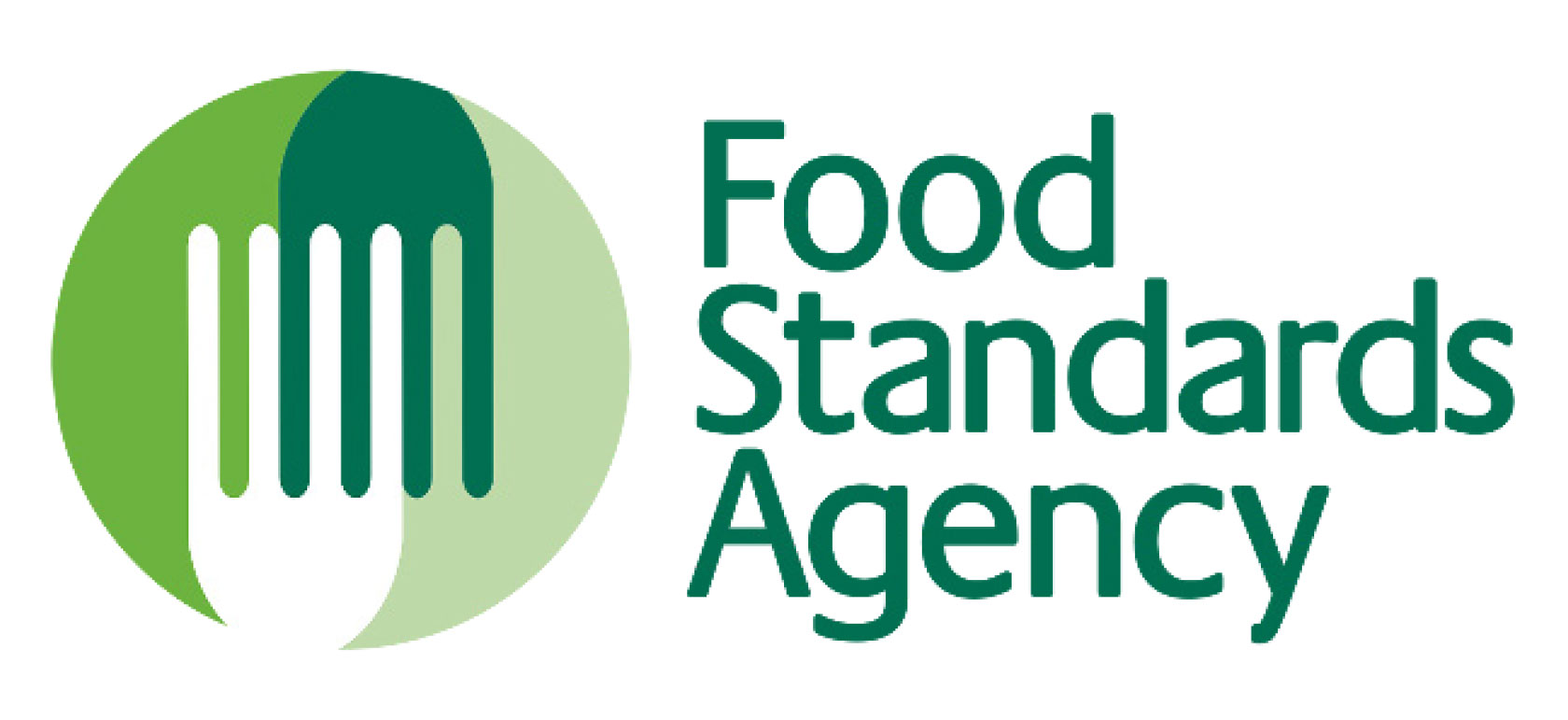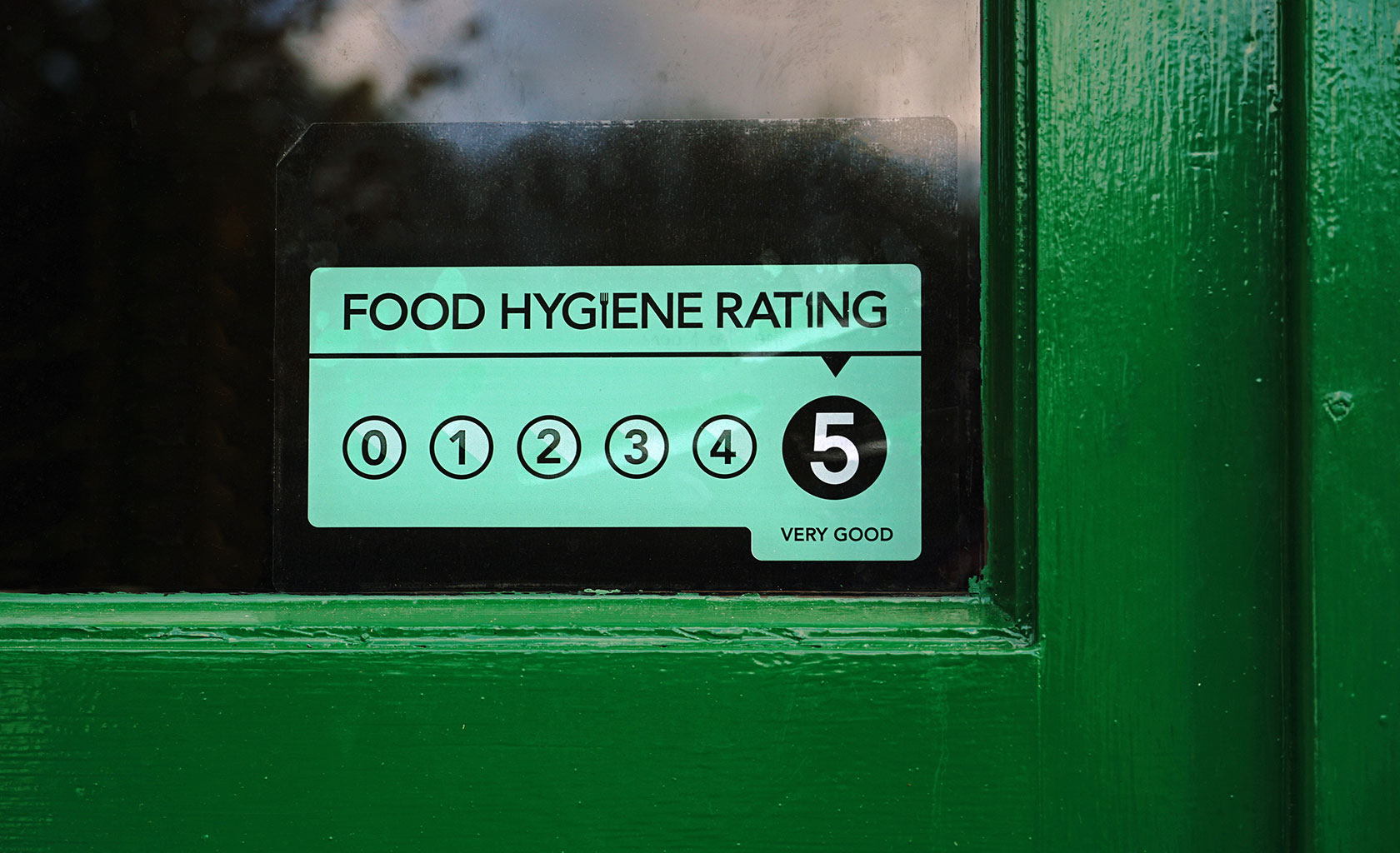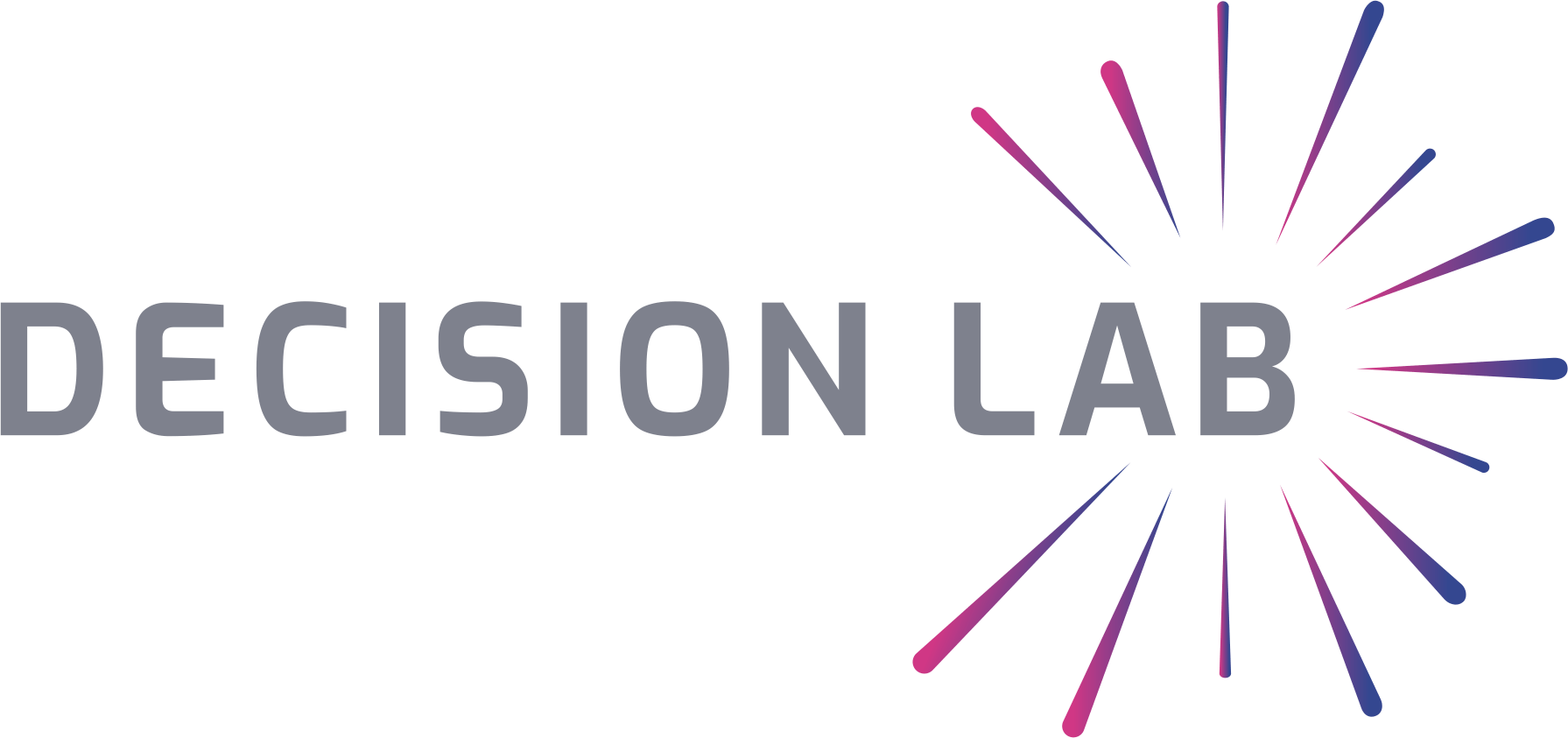FSA
HELPING THE FOOD STANDARDS AGENCY TO KEEP THE PUBLIC SAFE
CLIENT

You eat out because you want convenience, variety or a gastronomical experience. You assume it is safe. However, your assumption is based on the restaurant having been checked it meets certain quality standards.
The Food Standards Agency (FSA) is the guardian of the health and safety of food establishments, and they introduced the familiar 0 to 5 Food Hygiene Rating. The Local Authorities visit every new site to check the quality, which takes a lot of effort. But can the FSA and Local Authorities optimise the inspection strategy to get better, faster results?
Can this effort be better targeted to focus first on those that we can show are more likely to get a low rating? If so, how do you prioritise? Is there a set of the indicators that can help to foresee the food establishments that are less likely to follow good hygiene standards? Are these indicators even known or recorded anywhere? Facing these questions, Decision Lab had to work with very few data available on food establishments. Going through the unstructured sources such as the scans of handwritten notes that varied between the Local Authorities was not an easy task.

Let’s collaborate
Send us an email, to discuss a new project.
We’re a team of innovators who are excited about unique ideas and help companies to create amazing solutions.

